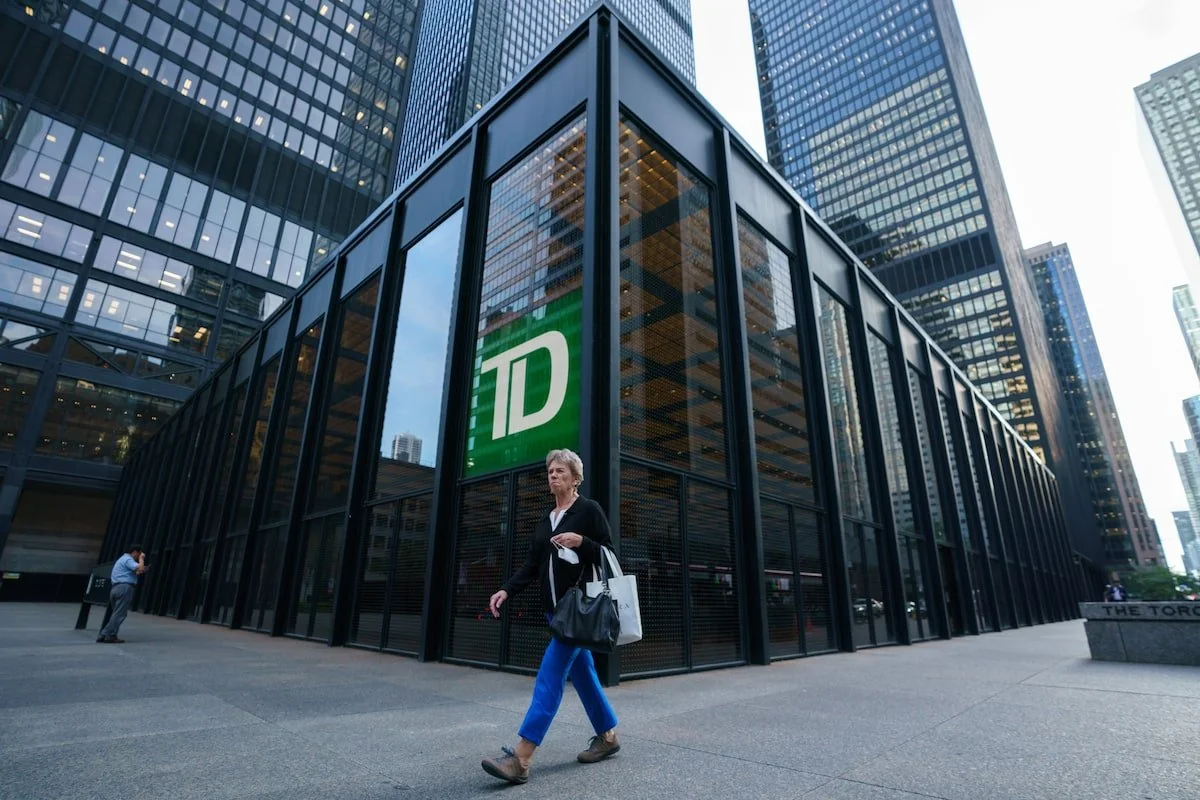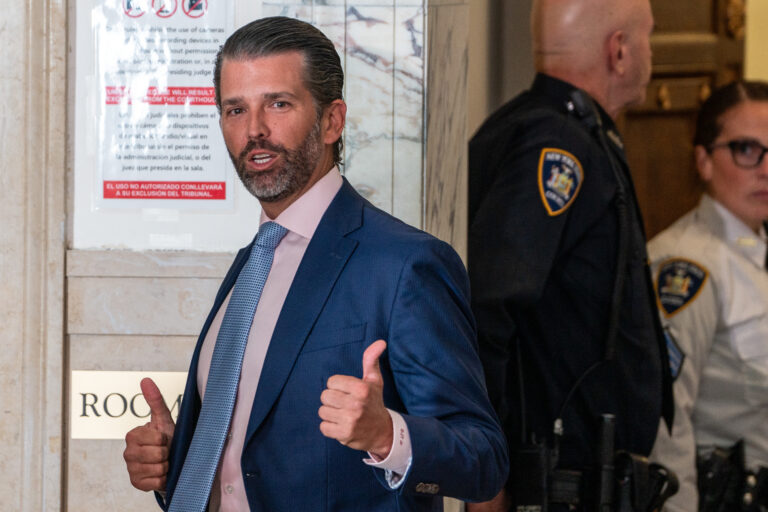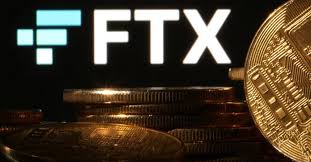Imagine a bank as big as TD Bank getting hit with a whopping $3 billion fine. That’s what just happened, and the reason behind it might surprise you—it’s linked to cryptocurrency. In this story, we’ll dive into how two mysterious crypto platforms, one from the UK and one from Colombia, got tangled up with TD Bank, leading to some serious legal consequences. If you’re curious about the world of crypto and how global finance connects, this story is worth your attention. Let’s break it down!
The Big Fine: What Happened?
On October 10, TD Bank’s U.S. branch agreed to pay more than $3 billion in penalties. Why? They failed to monitor some shady money transfers properly, and a lot of these transfers were linked to cryptocurrency trading. In other words, bad actors used TD Bank to move huge sums of money, and the bank didn’t stop them or check where the money was coming from.
Key Words to Remember:
- Penalties: A punishment (often in the form of money) for breaking the law.
- Money laundering: When criminals try to disguise the illegal origins of their money.
- Cryptocurrency exchange: A platform where people buy and sell cryptocurrencies like Bitcoin and Ethereum.
The Crypto Connection
Here’s where it gets really interesting. FinCEN, a U.S. government agency that monitors financial crimes, discovered that over $1 billion was moved through TD Bank from two unnamed crypto companies. These companies were based in the UK and Colombia, but nobody really knew much about them—like where their money came from or who was behind them. This raises red flags because unknown origins of money can often mean illegal activity.
One company, called “Customer Group C” in the report, moved most of this money. They claimed to be involved in real estate and sales finance, but over 90% of the money coming in was from a UK cryptocurrency exchange, and 60% of the money going out was wired to a Colombian financial institution offering crypto services.
Key Words to Remember:
- FinCEN (Financial Crimes Enforcement Network): A U.S. agency that tracks illegal financial activities.
- Customer Group C: The mystery group involved in shady transactions.
- High-risk jurisdiction: A country or area where money laundering and other illegal financial activities are common.
Why It Matters: Ignoring the Risks
Now, here’s the kicker—TD Bank kept processing transactions even when it didn’t know where the money was coming from or who was behind it. For example, over $650 million was transferred from an international crypto exchange to this mystery company, and yet TD Bank didn’t ask questions. They even helped send $420 million to Colombia, another high-risk country for financial crimes. This kind of behavior is a big no-no in the banking world, especially when you’re supposed to stop illegal activities like money laundering.
TD Bank’s Short-Lived Crypto Adventure
Interestingly, TD Bank had its own crypto venture. In 2022, they launched “Cowen Digital” to give big investors a chance to trade cryptocurrency. But in June 2023, TD Bank shut it down without giving any reasons. The closure happened around the time when many other crypto companies collapsed, likely due to the tough financial regulations in the U.S. at the time.
Key Words to Remember:
- Cowen Digital: TD Bank’s crypto division, which shut down in 2023.
- Institutional clients: Big investors like companies or banks, not just everyday people.
Why Is This Important to You?
This story is a wake-up call for anyone interested in cryptocurrency. It shows the risks involved when banks and crypto platforms don’t properly monitor where the money is coming from. If you’re diving into the world of crypto, it’s important to know how regulations work, especially when big sums of money are involved. Learning about cases like this will help you make smarter decisions and protect yourself from shady deals or companies that may not be playing by the rules.
Also, understanding how traditional banks and crypto platforms connect can help you see how the financial world is evolving. Cryptocurrencies are shaking up the way money moves around the globe, but with that power comes responsibility—and the need to play by the rules.
Steps to Remember:
- Stay informed about crypto regulations and how banks interact with crypto exchanges.
- Understand the risks of using exchanges that operate in high-risk countries like Colombia or China.
- Look for transparency when dealing with any financial platform. Always ask: Where is the money coming from? Who’s behind it?
This case is just one example of how crypto is changing the financial world and why it’s crucial to stay ahead of the curve.
Final Thought: The world of cryptocurrency isn’t just about making fast money—it’s about understanding how money moves, who controls it, and how laws protect (or fail to protect) people. This TD Bank case reveals the dark side of crypto and banking, teaching us valuable lessons about the need for proper oversight and transparency in a world that’s rapidly evolving. Keep learning and stay sharp, because the future of finance is unfolding right before your eyes!



